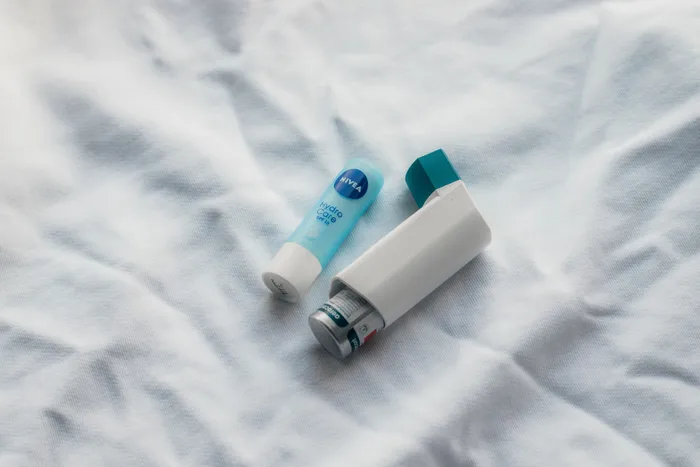Breathe easy: The eco-friendly way to dispose of your asthma inhaler

When it comes to disposing of medical devices, it’s important to do so properly. Picture by Sahej Brar/Pexels
Using asthma inhalers is a common practice for millions of people worldwide. In fact, an estimated 339 million people worldwide have asthma, and that number is projected to increase to 400 million by 2025.
Asthma inhalers can be life-saving devices, but what happens when they’re no longer needed? Proper disposal is essential for the environment and public health.
When it comes to disposing of medical devices, it’s important to do so properly. This is especially true for asthma inhalers, which contain chemicals that can be harmful to the environment and potentially dangerous if not disposed of correctly.
According to the US Environmental Protection Agency, medical waste accounts for approximately 15% of all the waste generated in the country.
Asthma inhalers contain a propellant called hydrofluoroalkane (HFA), which is a type of greenhouse gas that contributes to climate change.
In addition, some inhalers contain small amounts of medication, which can be harmful to wildlife and the environment if not disposed of properly.
For example, if an inhaler is thrown in the trash and ends up in a landfill, the medication can leach into the soil and potentially contaminate groundwater.
Furthermore, improperly disposed inhalers can pose health hazards for workers who handle waste or recycled materials. If an inhaler containing gas and liquid is compressed, it can lead to an explosion or fire in the garbage truck, landfill, or recycling facility
To properly dispose of an asthma inhaler, it should be taken to a pharmacy or other medical facility that accepts medical waste. These facilities have special containers for medical waste, which are designed to prevent the release of harmful chemicals and medications into the environment.
Some inhaler manufacturers have take-back programmes, which allow users to return their used inhalers for proper disposal.
It’s important to note that improper disposal of medical devices can have serious consequences.
How to dispose of asthma inhalers properly
It’s essential to consult with your doctor or healthcare provider on the proper way to dispose of your inhaler.
Here are some guidelines to follow:
Do not throw away empty inhalers in the trash. Instead, check with local recycling centres to see if they accept inhalers that may have propellant remaining.
If you are unsure how to dispose of the inhaler, most pharmacies will accept unused or expired inhalers for safe disposal.
Consider various inhaler options. Dry powder inhalers or other inhalers that use carbon dioxide as an alternative propellant have a lesser impact on the environment than those that use HFA.
Because of the harm they can cause to the environment and the potential health risks they pose when improperly disposed of, asthma inhalers need to be disposed of correctly more and more.
By adopting best practices in disposal guidelines, we can protect ourselves, our communities and the environment from the negative effects of asthma inhaler waste and emissions.
Read the latest issue of IOL Health digital magazine here.